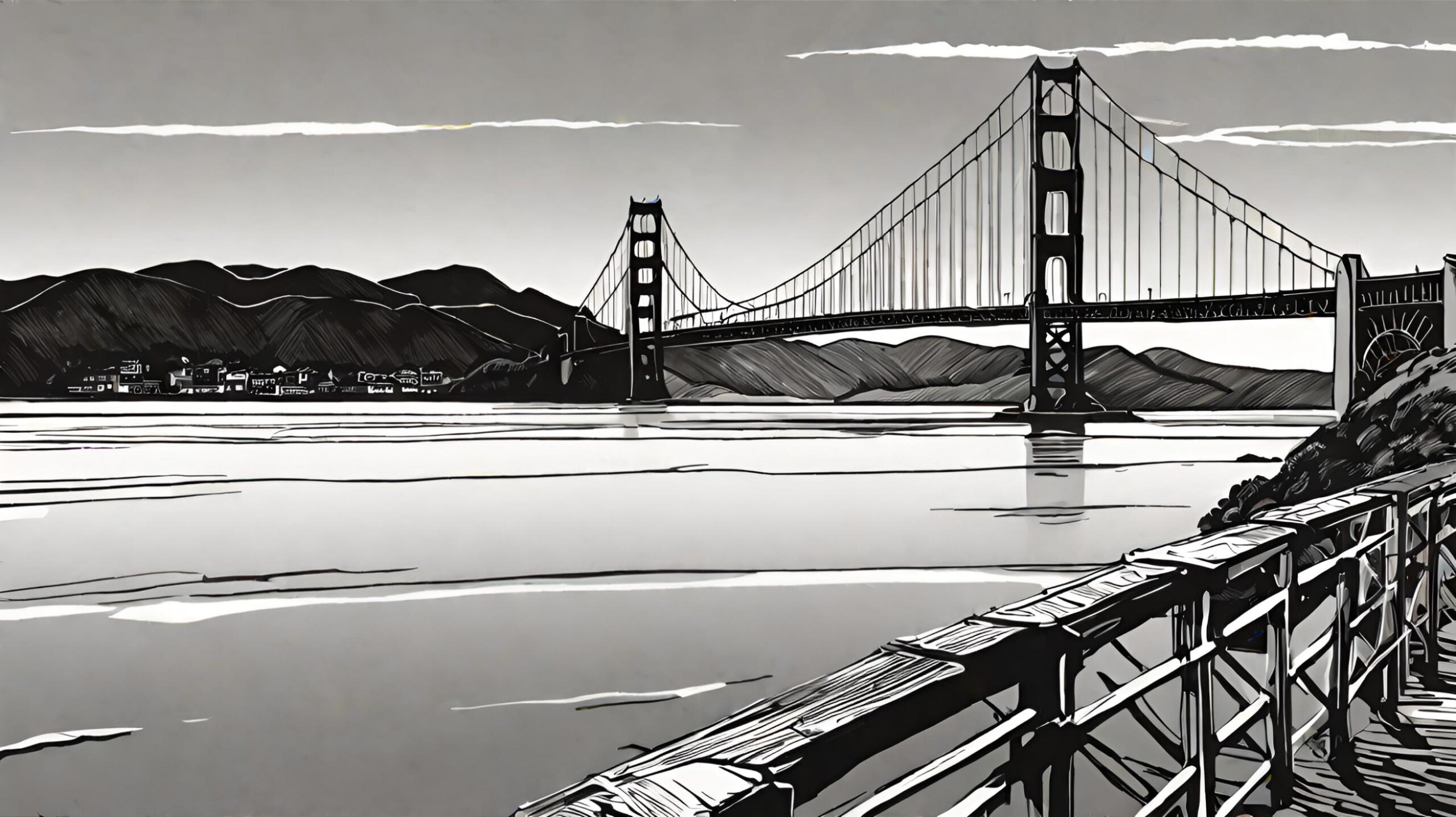Flashback to July 13
American History

On February 18, 1899, San Francisco, California experienced an unusually warm day with temperatures reaching 80 degrees Fahrenheit. This unexpected weather event surprised residents and sparked discussions about climate change and its potential effects on the city.
During this time, San Francisco was known for its cool and foggy weather, with temperatures rarely exceeding the mid-60s. However, on that particular day, the city experienced a heatwave that left everyone reaching for their hats and seeking shade.
The warm weather brought people out of their homes and into the streets, as locals and tourists alike took advantage of the rare opportunity to soak up the sun. Parks and outdoor spaces were bustling with activity, and it seemed as if the entire city had come alive.
While the warm temperature brought much joy and excitement to the residents, it also raised concerns about the potential implications of such unusual weather patterns. The event underscored the growing awareness of climate change and its impact on local weather systems.
In recent years, there has been a global conversation about the increasing frequency and severity of extreme weather events. Heatwaves, in particular, have become more common, and their effects are felt worldwide. San Francisco’s 80-degree day was an alarming example of this trend.
The warm weather event in February 1899 highlighted the need for greater understanding and action around climate change. It served as a wake-up call to the residents of San Francisco and emphasized the importance of sustainable practices and reducing greenhouse gas emissions.
In response to this event, local authorities and community members began discussing strategies to mitigate the potential impacts of climate change. The focus shifted towards adopting renewable energy sources, promoting energy-efficient practices, and minimizing carbon footprints in order to preserve the city’s unique weather patterns.
Furthermore, the 80-degree day prompted San Francisco residents to re-evaluate their relationship with nature and the environment. It sparked conversations about the importance of protecting green spaces and preserving the city’s natural beauty for future generations.
The event also had implications for various industries in San Francisco. Businesses that catered to outdoor activities experienced a surge in customers, as people sought to make the most of the warm weather. This unexpected boost in revenue led to discussions about the potential economic opportunities that could arise from climate-related events.
Local newspapers and media outlets reported extensively on the event, with many publications dedicating front-page coverage to the anomalous weather. The buzz created by the warm day helped foster awareness and engagement among the population around climate change, as people sought to understand the underlying causes and potential consequences.
The 80-degree day in San Francisco on February 18, 1899 was a remarkable weather event that surprised and captivated the city’s residents. While it brought joy and excitement, it also served as a stark reminder of the urgent need to address climate change. By reflecting on this event and taking action, San Francisco started its journey towards a more sustainable and resilient future.
We strive for accuracy. If you see something that doesn't look right, click here to contact us!
Sponsored Content

C Torres discovers asteroid…
On July 13, 1972,…

Oscar J Dunn, former…
On July 13, 1868,…

Henry Rowe Schoolcraft discovers…
On July 13, 1832,…

US Democratic National convention…
The US Democratic National…

New York City experiences…
On July 13, 1977,…

Anti-draft mobs lynch blacks…
The "Anti-draft mobs" in…

